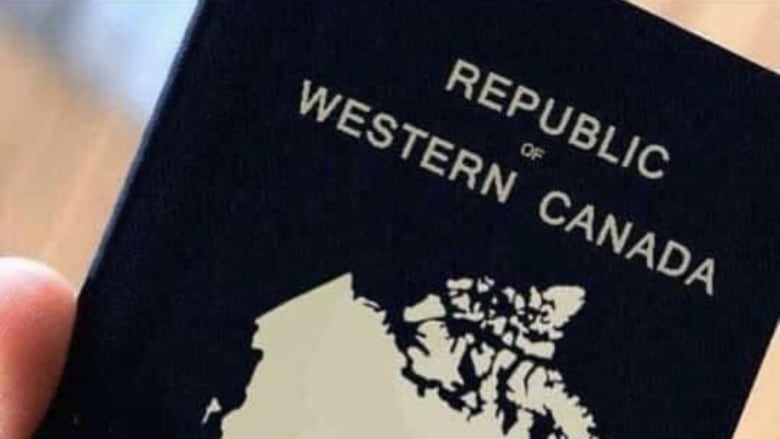Would Wexit work? Separating from Canada would take years and be dictated by Ottawa
The Clarity Act, created in 2000, lays out the process for any province to separate from Canada

Wexitevents are popping up across the Prairies, but the process of separating from Canada involves much more than rallies and public outcry.
It would involve sorting out issues like military bases, Crown land and negotiations with Indigenous people.
There is a roadmap for the process. The Clarity Act, which came into effectin 2000, sets the rules for any provinces or territories looking to secede from Canada. The act was created after the 1995 separation referendum where Quebecnarrowly voted in favour of remaining part of Canada.
The separation process isn't easy. Much of it is dictated by Ottawa.
First, the provinces or territories that want to leave need to craft a referendum question. The House of Commons has the power to nix the question if it feels the language will not clearly capture the will of the people.Ottawa also has to consult with all political parties in the region.
According to University of Regina professor emeritus John Whyte, if Ottawa even gets any whiff of a referendum question that could be used to give one province leverage over the House of Commons in the future, it would likely be shot down.
"The circumstances in which the campaign is conducted could involve misrepresentation [with] various people in various ways muddying the waters, including a strong campaign in favour of secession that was driven by the idea 'vote for this, we'll be in a better bargaining position in the long run,'" Whyte said.
Even if a question is approved,the Clarity Act doesn't provide much clarity on what would constitute a successful referendum. It simply states that an expression of the will of a "clear majority" of eligible voters is needed in order to qualify as a successful referendum.
"That majority, it's not even really defined,"former reporter and host of Canadian History Ehx podcast Craig Baird told CBC Radio's Blue Sky.
Life post-referendum
If a question is approved and managesto get the majority of votes required, the House of Commons still has several factors how many people voted, how lopsided the result was, "any other circumstances it considers to be relevant" to take into consideration before separation is completed.
Ottawa would need to consider the views of political parties in the province, the Senate and Indigenous people.
The Constitution of Canada would also need to be amended. There's currently no clause that allows a province to separate from Canada.
The Clarity Act states that no minister of the Crown shall propose a constitutional amendment related to separation until the terms of secession have been negotiated. They would need to figure outthe division of assets, where to place bordersand how to honour the territorial claims of Indigenous people.
The process, according to Whyte, would take years.
"It's pretty hard to dismantle a country,"Whyte said. "If you think Brexit's been difficult, you ain't seen nothing yet."
Polling in Alberta and Saskatchewan earlier this year suggested that few people actually want to secede.
Prior to the recent federal election, CBC partnered with Postmedia to sponsor a poll conducted by the University of Saskatchewan about alienation. The data found that roughly nine per cent of residents in Saskatchewan felt the province should go its own way.
ThinkHQ conducted a poll in Alberta before the federal election and found 23 per cent of Albertanssaid they would vote to secede from Canada.
With files from CBC Radio's Blue Sky, Drew Anderson












_(720p).jpg)


 OFFICIAL HD MUSIC VIDEO.jpg)
.jpg)



























































































